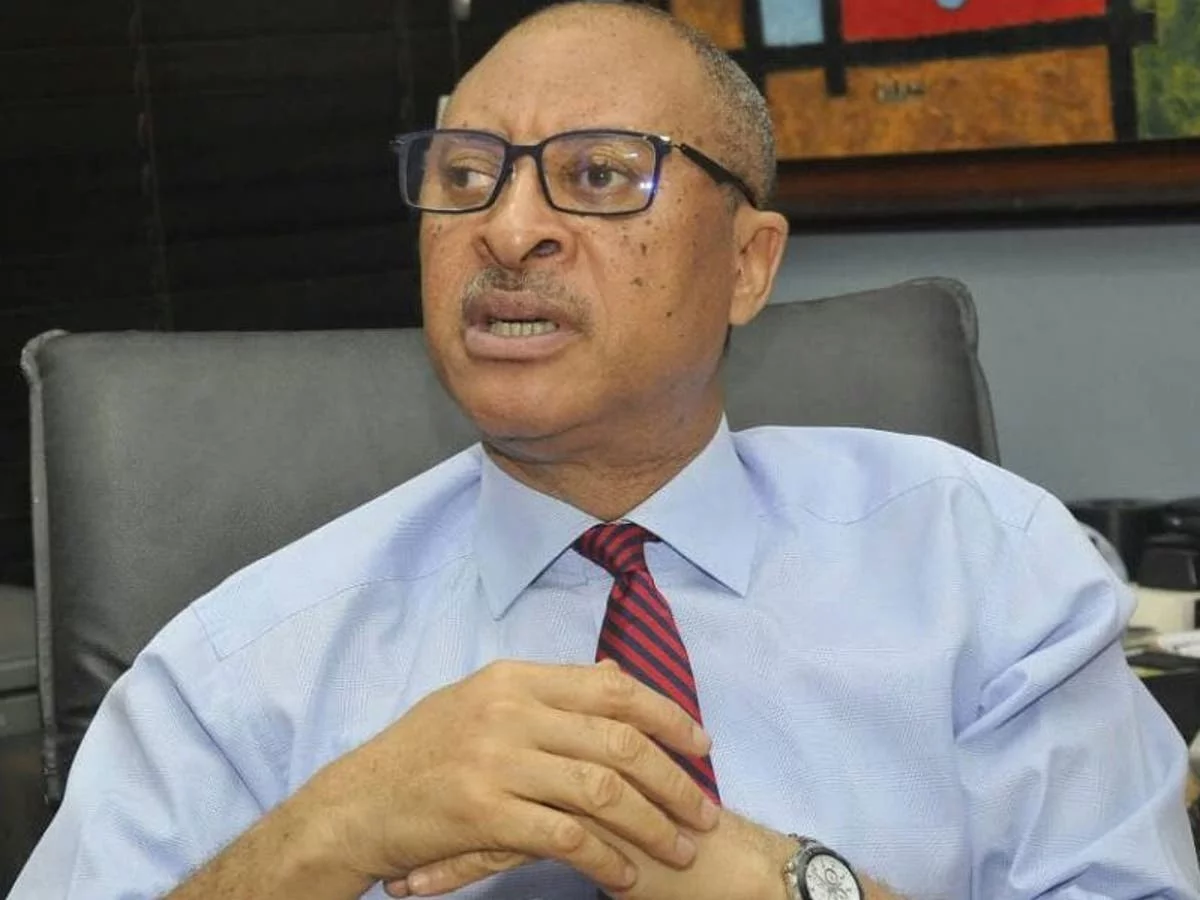
Mr. Precious Okolobo
Shell Petroleum Development Company (SPDC) has finally agreed to pay £55 million in compensation for what it described as the two regrettable oil spills that occurred in Bodo community in Gokana Local Government Area of Rivers State in 2008, an indication that the community rejected the £30 million ($51 million) allegedly offered initially by the oil giant.
Shell’s Corporate Media Relations Manager, Mr. Precious Okolobo, said in a statement yesterday that the £55 million settlement agreement provides for an individual payment to each claimant, who accepts the settlement agreement in compensation for losses arising from the spills, amounting to £35 million.
According to him, the remaining £20 million payment would be made for the benefit of the Bodo community generally.
Around 11,000 or 15,000 residents of the Bodo community represented by a UK law firm, Leigh Day, appealed in 2011 to a London court for more than £300 million in compensation for the spilling of 500,000 barrels of oil.
The London High Court had in June 2014 rejected the community’s attempts to expand the scope of the compensation, ruling that the pipeline operator could not be held responsible for damage caused by oil theft.
The court delivered the judgment on preliminary issues raised in the legal action brought against Shell.
The ‘preliminary issues hearing’, which took place last April 2014, was the first time Shell had to face a formal court proceedings in the UK for its environmental record in the Niger Delta, following two massive oil spills in 2008 and 2009.
Shell's offer from September 2013 to settle the case for £30 million had remained on the table.
Speaking on the £55 million settlement agreement, the Managing Director of SPDC, Mr. Mutiu Sunmonu, noted that from the outset, his company accepted responsibility for the two deeply regrettable operational spills in Bodo.
“We have always wanted to compensate the community fairly and we are pleased to have reached agreement. We are fully committed to the clean-up process being overseen by a former Netherlands’ Ambassador to Nigeria. Despite delays caused by divisions within the community, we are pleased that clean-up work will soon begin now that a plan has been agreed to with the community,” Sunmonu explained.
“However, unless real action is taken to end the scourge of oil theft and illegal refining, which remains the main cause of environmental pollution and is the real tragedy of the Niger Delta, areas that are cleaned up will simply become re-impacted through these illegal activities,” he added.
Sunmonu said SPDC had made efforts to raise awareness on the issue with the government of Nigeria, international bodies like the United Nations, the media, civil society and international non-governmental organisations (NGOs).
According to him, Shell would continue to play an active role in the search for solutions.
“We urge all those with influence, including Bodo community leaders and NGO groups, to support this effort,” he said.
Before the settlement agreement, Shell had insisted that the president of the Technological and Construction Court in London, Justice Akenhead, had in his ruling accepted that the interpretation of Nigerian law by the company was correct in all the crucial points argued before the court.
According to Shell, Akenhead accepted that the Nigerian Oil Pipelines Act provides a comprehensive and complete regime for compensation for oil spills.
Sunmonu had after the June 2014 preliminary ruling called on the community to direct their UK lawyers to stop wasting more time pursuing enormously exaggerated claims, saying the company wanted to compensate those who have been genuinely affected and also clean up all the affected areas.
“We want to compensate fairly and quickly those who have been genuinely affected and to clean up all areas where oil has been spilled from our facilities, including the many parts of Bodo which have been severely impacted by oil theft, illegal refining and sabotage activities. We hope the community will now direct their UK legal representatives to stop wasting even more time pursuing enormously exaggerated claims and consider sensible and fair compensation offers,” he had added.






















